Hired and Non Owned Auto Insurance is a type of insurance policy that many businesses need and far too many fail to secure. According to the International Risk Management Institute, Hired and Non Owned Auto Insurance is defined as; ‘an auto that is used in connection with the named insured’s business but that is not owned, leased, hired, rented, or borrowed by the named insured’. In layman’s terms this is an insurance policy for a business when an employee of that business uses a vehicle for business purposes that is not owned by that business. This could be an employee driving their personal car for business purposes or it could be an employee driving a rental car while travelling to a conference representing the business. The insurance policy will cover bodily injury and property damage to third parties damaged by an accident that is the fault of your employee. This policy can be purchased as a standalone policy or as an add on to your commercial auto or general liability insurance policies. Here are some things you need to know about this coverage if you own a small business and have employees who use vehicles the business does not own.
You can purchase it as a standalone policy, or you can add it on as a rider to your General Liability Insurance.
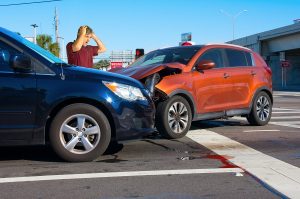
What exactly does Hired and Non Owned Auto Insurance Cover?
Hired and Non Owned Auto Insurance covers some damages for cars that employees of your business use but the business does not own those cars. These vehicles include rental vehicles, leased vehicles, and employee personal vehicles. The policy covers specifically the damage caused to third parties, but not always the damage to the vehicle your employee is driving.
Examples of when you need this coverage
- You send an employee on an errand to pick up supplies in their own vehicle.
- An employee rents a vehicle on a business trip.
- You send a limo to the airport to pick up an important client.
- An employee runs out to get coffee or pick up lunch for everyone in the office.
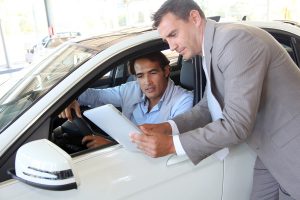
What is not covered under a Hired and Non Owned Auto Insurance Policy?
A Hired and Non Owned Auto Insurance Policy does not pay for physical damage to your employees vehicle. That damage would be covered by the employees personal auto insurance policy. It also will not pay for the repair of a rental vehicle that is damaged by in an accident that is caused by your employee. It does not cover accidents that occur during a commute to work, unless the employee is using a vehicle rented by the business. Another scenario that is not covered by a Hired and Non Owned Auto Insurance Policy is when an employee is running a personal errand during work hours, but they are not doing business operations.
What are the differences between Hired and Non Owned Vehicles
Hired Vehicles refer to car services like a taxi or limousine and rented vehicles your employees use for business purposes. Non Owned Vehicles refer to vehicles that are used by your employees that are not owned by the business. The most common example of this is an employee using their personal car for business related travel.



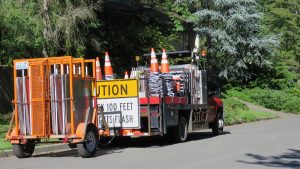
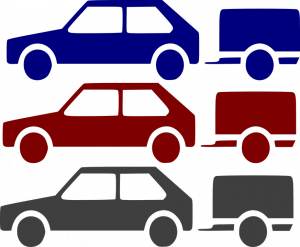 Hired and Non-owned Auto
Hired and Non-owned Auto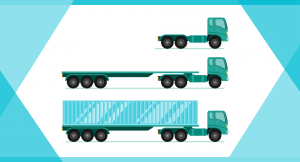
 Partnering with an
Partnering with an 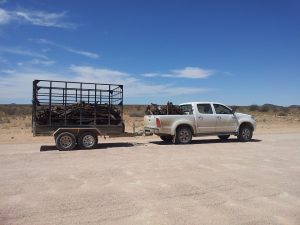 Insurance agents talk to many business owners throughout each work day. If they are a nationwide agency, they may speak with a restaurant owner from Los Angeles, a dairy farmer in Wisconsin and a commercial fisherman from New Orleans all before lunch. Each of these businesses faces enormously different risks and the people who own these businesses may have dramatically different expectations from their insurance agent. The only way to be for certain that your agent is looking for what is most important to you is to directly tell them. If you value price above all else, let them know. If you want to insure your business to the teeth, let them know this as well. The more you tell your insurance agent, the less likely you are to have problems with that agent.
Insurance agents talk to many business owners throughout each work day. If they are a nationwide agency, they may speak with a restaurant owner from Los Angeles, a dairy farmer in Wisconsin and a commercial fisherman from New Orleans all before lunch. Each of these businesses faces enormously different risks and the people who own these businesses may have dramatically different expectations from their insurance agent. The only way to be for certain that your agent is looking for what is most important to you is to directly tell them. If you value price above all else, let them know. If you want to insure your business to the teeth, let them know this as well. The more you tell your insurance agent, the less likely you are to have problems with that agent.


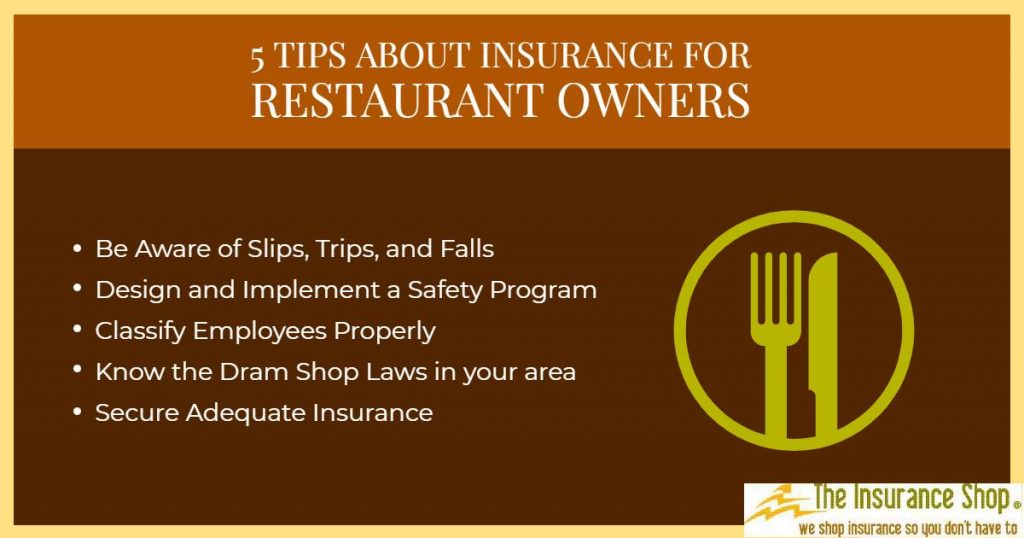


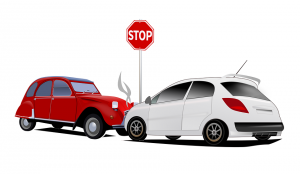
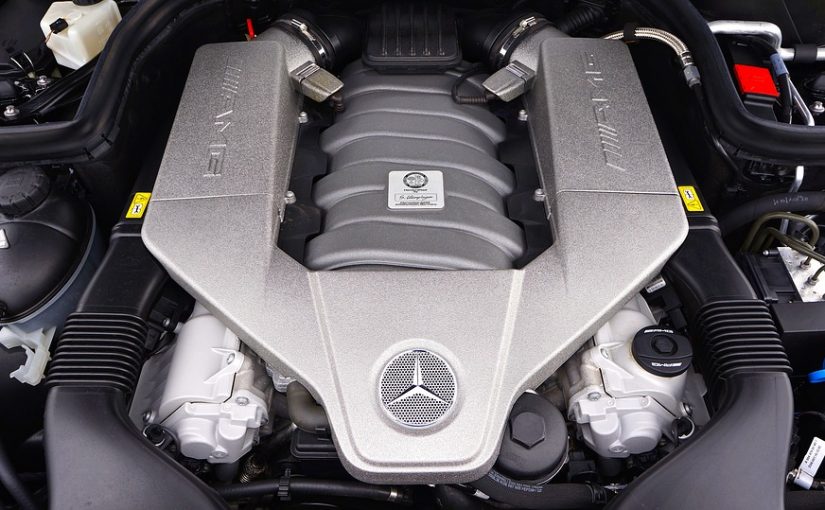

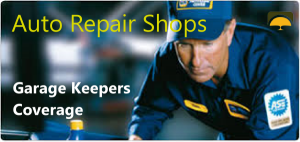

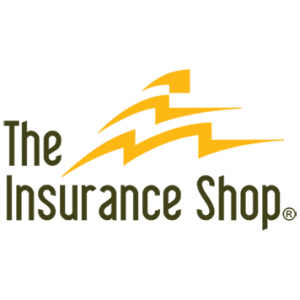 My Insurance Question is a creation of
My Insurance Question is a creation of